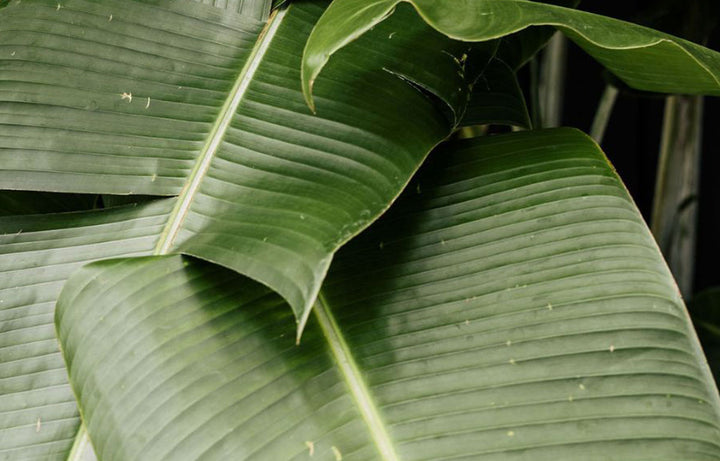
8 Ways To Live A More Sustainable Lifestyle
8 Ways To Live A More Sustainable Lifestyle
Everything we do day-to-day is making an impact on the planet. Making simple changes to our everyday lifestyle can help lessen our environmental impact.
Switching up our habits one by one can be much easier than trying to do it all at once. Let’s be honest, it is quite overwhelming! The most important thing is to start somewhere! Here are five tips to get you started!
Reduce food waste
According to the UNEP Food Waste Index Report 2021, estimates suggest that 8-10% of global greenhouse gas emissions are associated with food that is not consumed. How insane is that?
Reducing food waste at any level can provide multi-faceted benefits for both people and the planet.
Easy ways to help reduce food waste at home: plan your meals for the week and only buy what you need, check your fridge & freezer before you go shopping, store your food correctly, get creative with your leftovers (google ideas), and use your freezer!
Grow your own
Food prices are on the rise so growing your own at home is a great option to save some $$ and is also great for the environment! And, you can grow them from scraps that you would normally throw away.
Re-growing vegetables from scraps is as easy as placing the ends or tops of your chosen vegetables in a dish filled with about an inch of fresh water and placing them in a sunny spot, like your kitchen window.
Change the water daily watch them grow!
Create clean air and improve wellbeing at the same time!
‘You can have too many plants’ said nobody EVER!
According to Greener Spaces Better Places, just one plant can improve your air by 25%!
From Devils Ivy to a Peace Lily, there are so many amazing plants that are easy to grow and care for, that help purify the air.
There are also many health benefits attributed to house plants. From reducing tension and anxiety to boosting your immune system and creating a positive mood.
Save Energy
Do you really need that light on? The heater is on, but could you just put on a jumper? We are all guilty! By using less energy, you can help reduce carbon emissions. Here are a few ways you can help to save energy at home; switch off standby appliances, hang out clothes rather than using the dryer and change lightbulbs to LED’s.
Buy once and by well
Every product each one of us purchases has an environmental footprint. This can be from the materials used to create it to the pollution emitted during manufacturing right down to the packaging that ends up in landfills.
Before you buy ask yourself, do I really need this? You may be able to find it second-hand or find another item that has less of an impact on the environment like minimal packaging or a more sustainable manufacturer.
Use eco-friendly cleaning products
One of the easiest ways to help our beautiful planet is to use environmentally cleaning products at home. These products are created with natural ingredients and are ethically made, vegan and not tested on animals. They are designed to be safe for humans, pets and the environment.
An even better option could be to make your own at home! DIY solutions can get the job done just as well and be much more affordable. Here is a simple recipe for you to try at home – Citrus infused vinegar. Fill a jar with citrus peels and pour undiluted white vinegar over them. Leave for a few days, strain the vinegar to use as a natural cleaner. Buy a glass spray bottle that you can keep using and you are all set to go!
Keep soft plastics and packaging out of landfill
It is important to always take your reusable bags when you go shopping! Have them ready in the car or pushbike and always have a compact one packed in your handbag or backpack.
You can further reduce your plastic consumption by opting for loose produce, such as fruit, veggies and bread by popping them in a cotton pouch.
Unfortunately, soft plastics cannot be recycled in your weekly council pickup. As for soft, single-use plastic that cannot be recycled such as bread bags, chip and cracker wrappers (silver lined), biscuit wrappers, chocolate and snack wrappers, drop them off in the REDcycle bins found in supermarkets like Woolies and Coles.
Use reusable alternatives
Replacing disposable plastic items with more environmentally friendly items is simple and affordable. The best substitutes for disposable items are durable such as glass and metal. Here’s a list of things you can buy or reuse from home: reusable bags for shopping, reusable drinking bottles (there are plenty water refill stations out and about!) coffee cups, portable utensils and BYO container when you’re eating out for leftovers.
